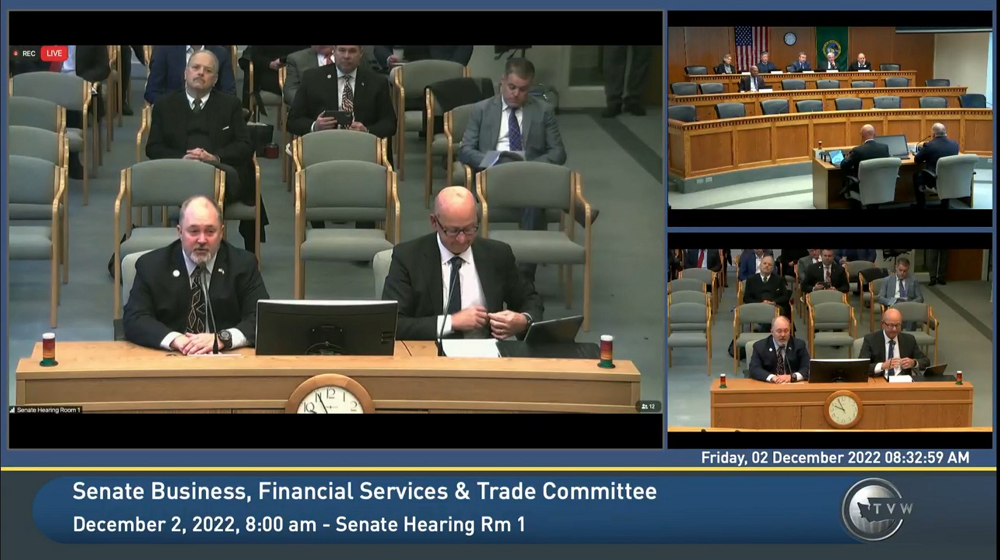The RILA Act has cleared the hotline in the Senate (meaning all 100 Senators have agreed to allow it to pass). Next, bill sponsor Senator Tina Smith (D-MN) will try to add it to the end-of-the-day “wrap up” package along with all the other cleared bills, resolutions, and organizing agreements.
Registered index-linked annuity (RILA) products offer a good option for some consumers who want to benefit from market growth while reducing their exposure to market losses. These are long-term, tax-deferred investments that are often well-suited for investors who are preparing for retirement, especially those who are retired or are nearing retirement and wish to reduce the impact of market downturns.
Unfortunately, the Securities and Exchange Commission (SEC) paperwork required to register RILAs is unnecessarily burdensome and confusing. It requires financial institutions to submit forms more often used for initial public offerings or other “catch-all” forms that require a great deal of extraneous information not relevant to RILAs and not readily available to insurance firms offering RILAs.
“The Registration for Index Linked Annuities (RILA) Act would make it easier for companies to provide investors with more options without reducing consumer protections,” said Diane Boyle, NAIFA Senior Vice President for Government Relations. “RILAs are innovative products that allow those preparing for retirement to benefit from market gains while reducing the risks of market downturns. The RILA Act would reduce regulatory burdens but would ensure consumers have the information they need to make informed investment decisions. It’s a win-win, and NAIFA applauds the Senate for moving the bill forward.”
In the House, there is still discussion regarding which bills to include in the suspension calendar. Both Republicans and Democrats have stated that RILA is at the top of their list for when they reach an agreement. There is also the possibility of adding it to the end-of-year omnibus appropriations bill, which NAIFA is working on with all relevant parties.







